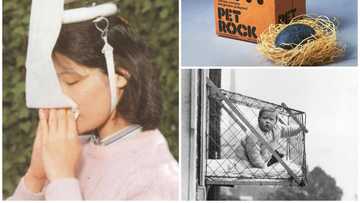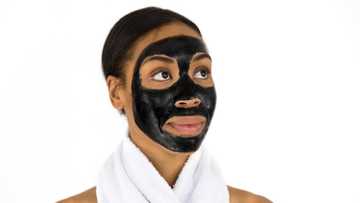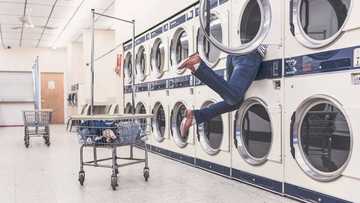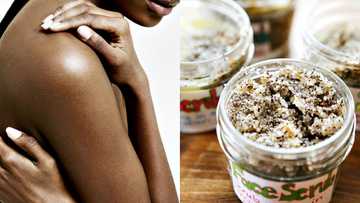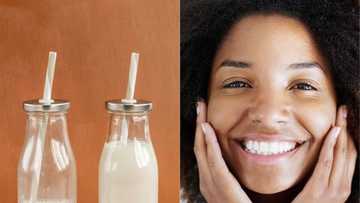Health benefits of personal hygiene
If you face difficulties with personal hygiene, you might experience a lot of health issues. The truth is poor hygiene may even cause illnesses. It also affects interpersonal relationships, social interactions, job, etc. While good hygiene makes us feel self-confident, stay healthy, clean-looking, poor hygiene has many negative effects. Learn more about the benefits of personal hygiene, its effects on health and social relationship, tips, ways to create personal hygiene routine and many more.
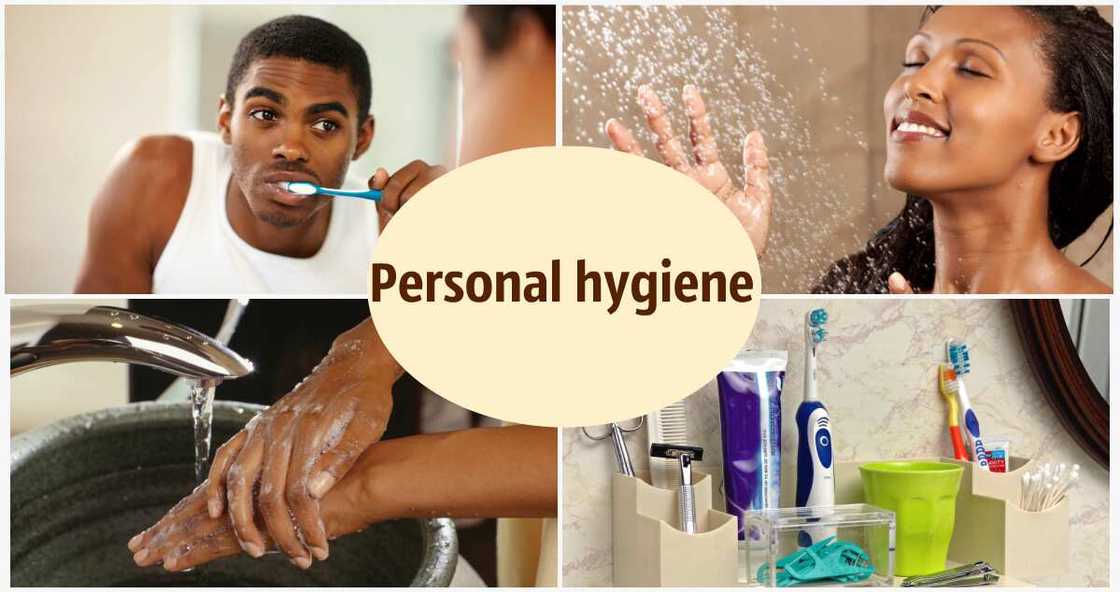
Source: UGC
Health and hygiene basics
Personal hygiene is a practice of caring for a body. It includes different types of hygiene, for example, bathing, washing hands, brushing teeth, and other.
When touching a surface, sneezing, preparing food, handling a pet, using the bathroom, we come into contact with thousands of potentially harmful germs and viruses. They can make us sick, but we can prevent illnesses by using personal hygiene practices and creating a personal hygiene routine. In case, you have skin irritation or a wound, poor hygiene will probably cause infection. Building good hygiene habits will help to maintain healthy skin pH and skin strength. Here they are:
Hands hygiene
This is the basic type of personal hygiene. Germs lingering on hands enter a body through mouth, nose, eyes, or even ears. Infections are mostly caught when we put the dirty hands to our mouth. Also, when someone with unwashed hands touches the food we are going to eat, we catch potentially harmful bacteria that can cause infections. Remember to wash your hands after you use the toilet. Wash your hands with soap for a half a minute, and make sure you cleaned between your fingers, especially, under your nails. It is recommended to use warm water and dry with a clean towel. In case, you are outside, carry in your bag an alcohol-based hand sanitizer, it works perfectly. It should contain at least 60 percent of alcohol. So, wash your hands:
- before having dinner
- when handling food
- when handling garbage
- after sneezing or coughing or if you have been around someone who was doing this.
- every time you touch an animal
- after using the toilet and other.
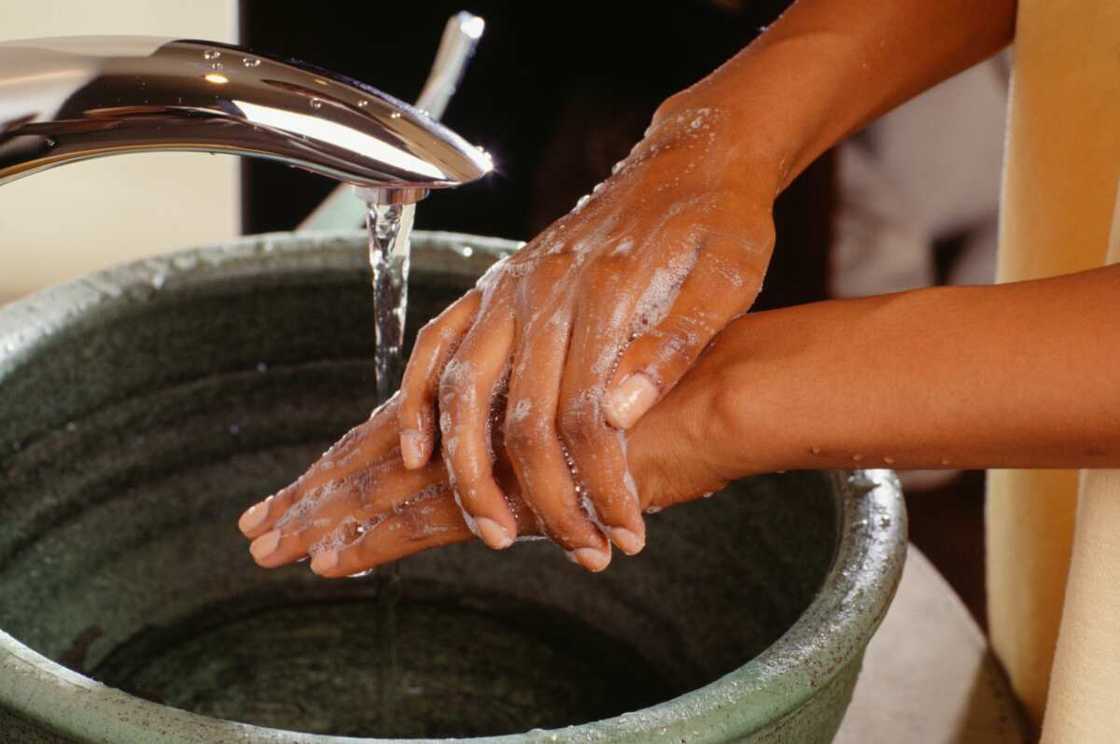
Source: Depositphotos
Shower hygiene
Personal hygiene also dictates how often you can shower, but people mostly rinse once or twice a day. To rinse away dead skin cells, bacteria, and oils, shower with soap. Wash your hair at least twice a week with shampoo to remove skin oil and dirt and protect against bacteria that can irritate your skin.
READ ALSO: Natural treatment for toilet infection in Nigeria
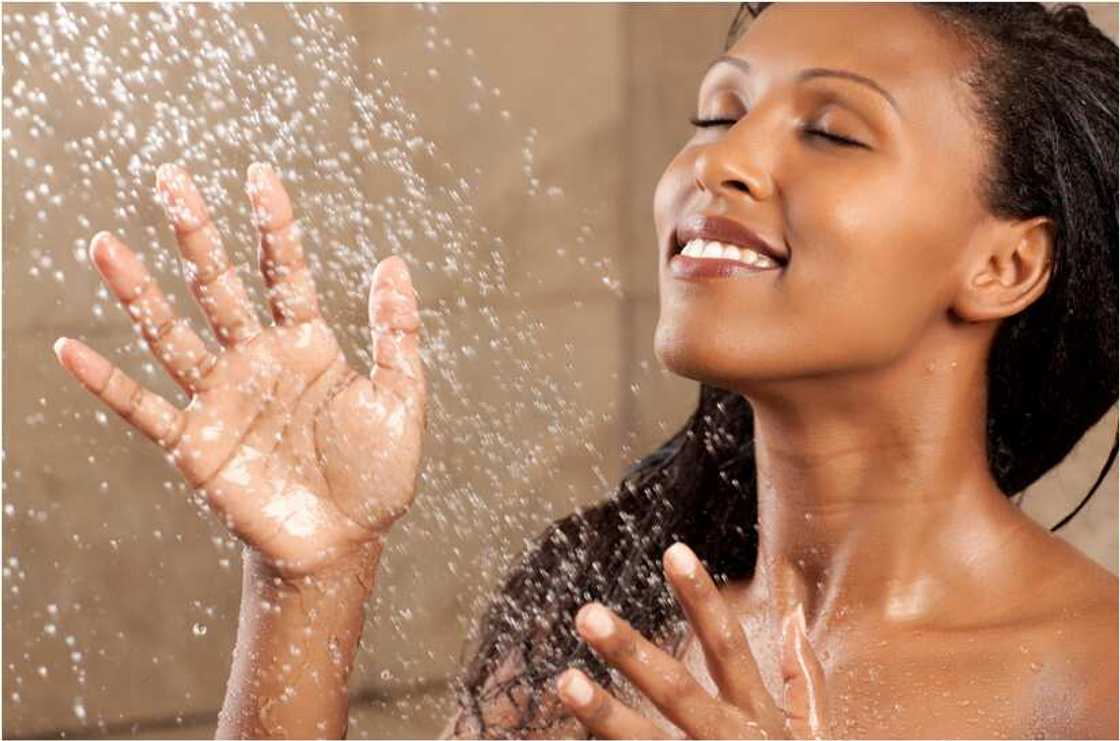
Source: Depositphotos
Nails hygiene
Cut your nails regularly to keep them short and clean. Brush under them with a nail brush to clean them from dirt, and germs and prevent spreading germs through the mouth, ears and other openings. Remember to avoid biting your nails. If you clip your baby’s nails, be careful not to cut the skin around the nail. As your child grows older, teach them how to take care of the nails on their own. Show your children how to wash under their nails in some funny way. Do a trim every week after a shower.
Teeth hygiene
Good oral hygiene is not just about perfectly white teeth but about healthy teeth and fresh breath. Regular brushing of your teeth is the right way to prevent various diseases and cavities. Brush your teeth at least twice a day for 5 minutes after you wake up and before going to sleep. If you need, brush them after every meal as well. It’s good to floss between your teeth and use an antibacterial mouthwash every day but ask your dentist about your routine. These easy steps will help to prevent tooth decay.
When teaching your baby how to brush its teeth, start it at the moment when the first tooth popped up. Children can start brushing their teeth when they are at least 3 years old. When you help them in teaching how to brush their teeth, play some 5-minute song to make the routine more enjoyable.
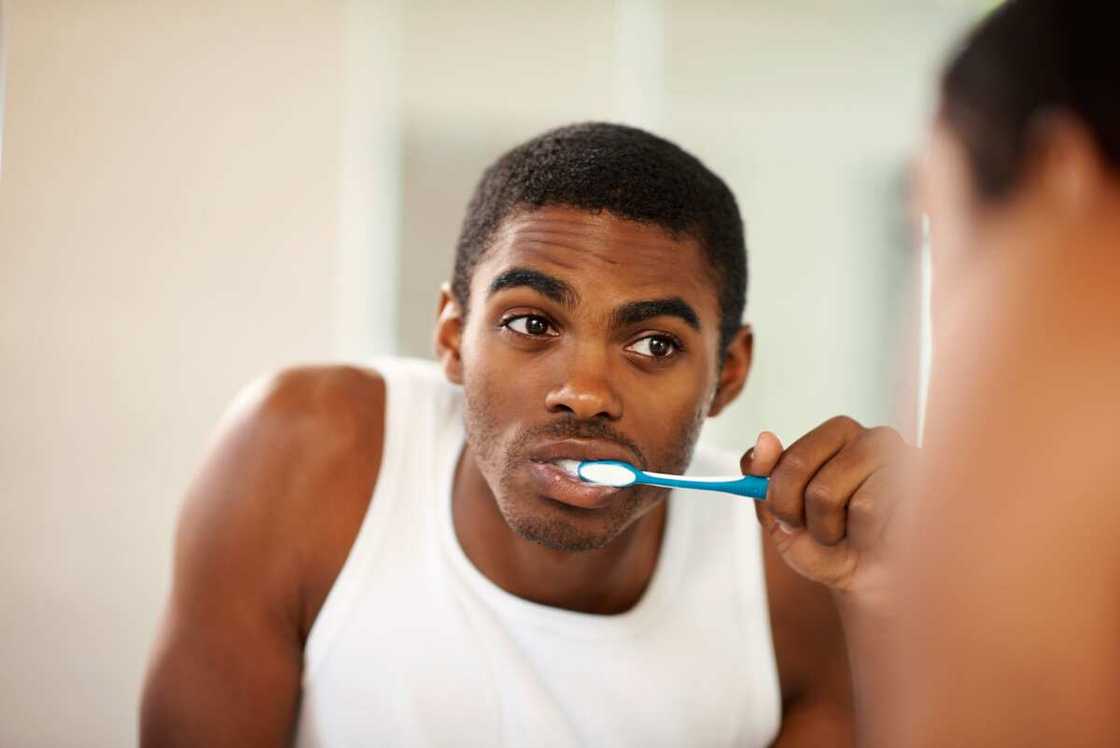
Source: Depositphotos
Body odour
Body smells can be produced in the result of an activity of different body organs. They can be caused by:
- chemicals in sweat and pheromones
- wastes, for example, metabolised alcohol excreted through the skin with sweat, breath, and urine
- bacteria that live on the skin and feed on dead skin cells.
When talking about bad breath, it can be caused only by poor dental hygiene and diseases of the teeth, gums and mouth. We experience bad breath mostly in the morning as saliva is not made while we are sleeping. If you use mouthwash, mouth spray or flavoured chewing gum, they will give you a good breath for a while. However, if you have a bad breath in your mouth all the time, you might need to visit a dentist.
READ ALSO: Pelvic inflammatory disease treatment naturally
Personal hygiene for women
Interesting that to clean vagina, you don’t have to use any special products that do not apply to the external genitals. Vagina has delicate skin, so do not put anything harmful into it. Below are the most basic personal hygiene suggestions for women:
- During menstruation wash your genital area as you do with other parts of your body. Use tampons and sanitary napkins not less often than 4-5 times a day. Remember to wash your hands before and after handling a tampon or a sanitary napkin.
- Cystitis is an infection of the bladder that can be caused in women who have an active sexual life. To avoid it, urinate after intercourse to flush out all the possible bacteria from urethra and bladder.
- Thrush can be caused by some soaps and detergents that irritate the skin of your genital area making thrush infection more likely. Women usually get thrush if they take antibiotics. To prevent it, use mild soap and unperfumed toilet paper. Instead of synthetic underwear, wear cotton underwear.
READ ALSO: List of fruits to avoid during pregnancy
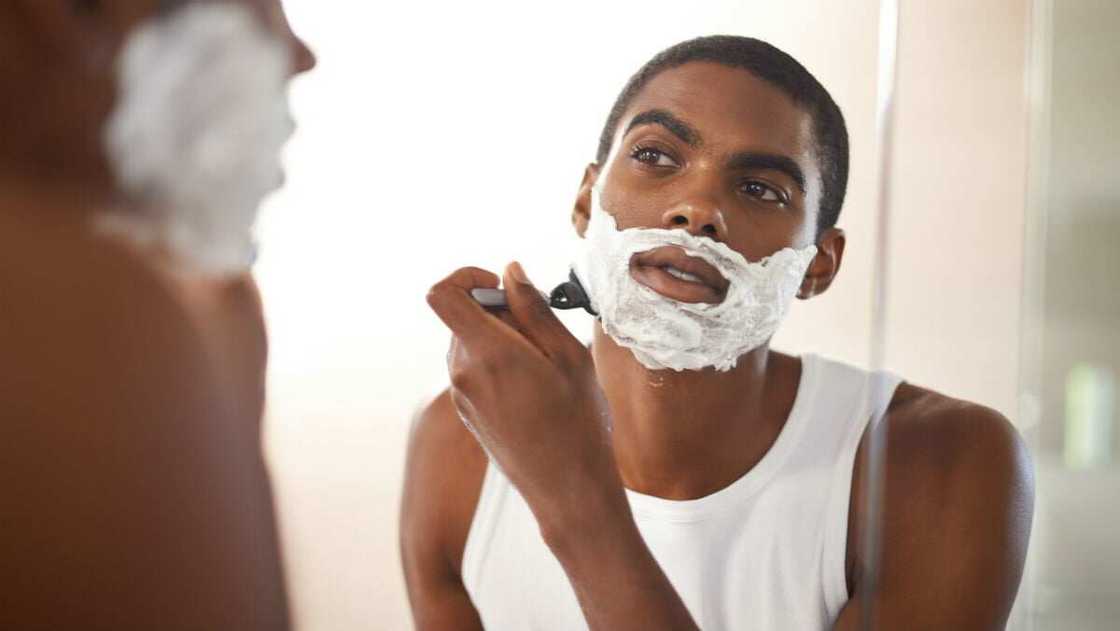
Source: Depositphotos
Personal hygiene for men
The uncircumcised men can have a build-up of secretions under their foreskin. When washing your genitals, gently pull back the foreskin to clean them with water. Use soap or other detergents but make sure you rinse it off well.
Travelling hygiene
When travelling abroad, create a special personal hygiene routine if you are not sure whether the water is safe. Take into consideration the following suggestions:
- Don’t use tap but only bottled water to drink.
- When washing your hands, dry them before you eat any food.
- Make sure you wash fruits and vegetables before eating.
- If you don’t have clean water, boil it before drinking for one minute.
- Wash the dishes, cups or other utensils and dry them before and after eating.
Personal hygiene for a baby
If you have babies under the age 3-5, they are not able to handle their personal hygiene on their own. As they are growing, you should teach them how to wash different body parts including:
- armpits
- groins
- neck
- belly
- knees
- elbows
- back
- feet
- hair
When giving your child a good example of personal hygiene, you will help them stay healthy, prevent illnesses, and build their self-awareness. It’s obvious that the earlier you start teaching a kid personal hygiene, the more free time you will have for yourself and other members of your family. Teach your baby personal hygiene by washing its hands with a warm washcloth before mealtime, after eating, after changing a diaper, after using a pot, etc.
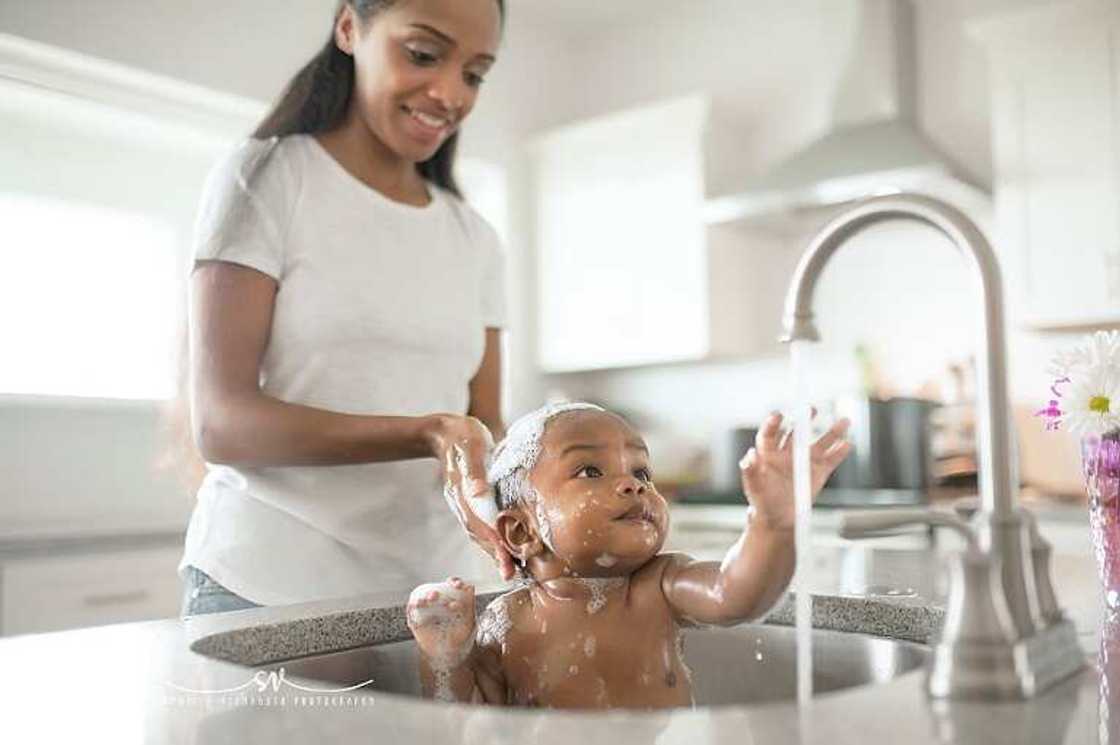
Source: Depositphotos
The advantages of personal hygiene
Good personal hygiene is directly related to fewer illnesses and better health. On the other hand, poor personal hygiene habits are known to cause some side effects, like body odour and greasy skin. However, they can lead to more serious health problems like scabies, public, head or body lice, diarrhoea, ringworm, pinworms, hot tub rash and other. Poor dental care will lead to plaque buildup, cavities and other issues. To prevent these side effects, develop good hygiene habits that can also increase your self-esteem. Maintaining good personal hygiene habits affects the social and psychological aspects of everyone’s lives, it helps us look more presentable and attractive.
Health benefits of personal hygiene
The importance of personal hygiene consists not only in maintaining good health but also in looking more healthy and attractive to other people. There are physical, social and psychological benefits of personal hygiene. One of the most important benefits of maintaining personal hygiene lies in the social plane. Looking washed and smelling good has social advantages as others find such person more attractive and not dangerous to their own health. As for the psychological benefits, maintaining good personal hygiene makes a person feel more confident and increases self-esteem. It also shows our ability to care for ourselves and manage our time effectively.
Healthy body, teeth, hair, skin, and nails show that a person cares about his or her health. This also increases self-confidence in social interactions.
READ ALSO: What is food hygiene and sanitation
Source: Legit.ng

